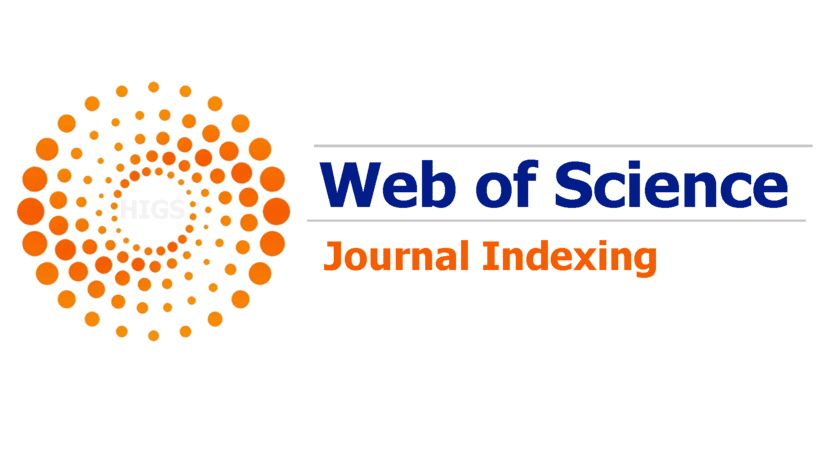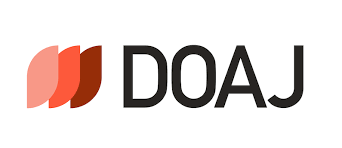Explotation of the crab, Ucides cordatus (Decapoda: Ocypodidae), and the co-management’s process for the catch regulation of the activity in the southestea rn Brazilian region
Keywords:
crab, Ucides cordatus, co-management, mangrove, fisheries administration, southern Brazilian coastAbstract
This paper presents the reported experience obtained during the process carried out to develop an effective fishery policy for the crab Ucides cordatus captured in the mangroves along the south-southeastern Brazilian coast, between Espírito Santo and Santa Catarina States. The new fishery administration approach which is being used by IBAMA deals with an harmonic group of measures including expansion or restriction of a fishing activity; equilibrium of the ecosystem; conservation of the exploited species, economical feasibility of enterprises; employment generation and a just income for work. The uncertainty and the inherent risk in this process mandate the precautionary approach to the resource exploitation, recognizing that the diversity of ecological and social-economic situations need different strategies. The process has been conducted based on discussions held between IBAMA representatives, as well as the users of the crab resource and other sections of society. Intra and inter-institutional advices were developed involving the users of the fishing resource in the southern Brazilian region. Considering these management actions, it has been taken into account the best scientific evidence available, the interests and participants consensus, the social-economic and political-administrative implications as well. This process resulted in a legal framework IBAMA NQ 35 (dated from 1st ApriI 1998), the first to have regional basis. That one was updated to another one (IBAMA Nº 104, from 27th July 1998). The regulations - leading the crab fishery - has been explained to users of the resource, in order to enhance their understanding implementation, and to give another alternative source of income during the crab closed season. The management measures will be under continuous review, and updated.










